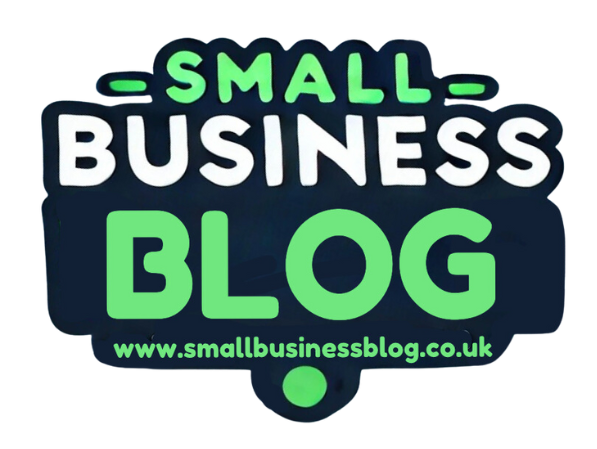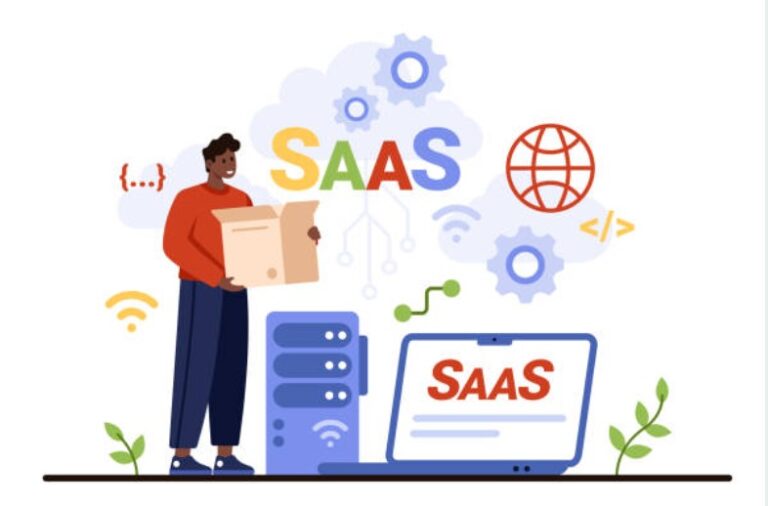Creating a Supportive Workplace for Employees in Recovery
Employees are the backbone of any successful business. When an employee is in recovery from addiction, it presents a unique opportunity for workplaces to foster a culture of support, understanding, and inclusivity. By providing the right environment, not only can businesses help employees reintegrate and thrive but also strengthen the overall integrity and productivity of their teams.
Below, we outline practical strategies for creating a supportive workplace for employees in recovery, ensuring well-being and productivity go hand in hand.
Why Support Matters
Recovery from addiction is not just about abstaining from substances—it’s a process that requires ongoing effort, resilience, and external support. For those returning to work after experiencing addiction or completing treatment, such as cocaine rehab or residential rehab, reintegration can be challenging.
Employers and managers play a crucial role in easing this transition. By being understanding and proactive, companies can help employees maintain their recovery while safeguarding their own professional and personal growth.
1. Foster a Culture of Empathy and Understanding

Workplace culture is the foundation of support. Start by promoting empathy within your team to create an environment where employees feel safe discussing their challenges or seeking help.
Encourage managers to approach conversations about recovery with compassion. Rather than focusing on the individual’s past addiction, emphasize their progress and future potential. Empathy fosters trust, making your workplace one where employees can openly engage without fear of judgment.
2. Review Workplace Policies
Having recovery-focused policies in place demonstrates your commitment to supporting all employees, including those in recovery. Evaluate your current policies, and incorporate the following where appropriate:
- A clear mental health and addiction support policy that outlines available resources.
- Open-door policies for discussing personal challenges confidentially with HR or management.
- Flexible working arrangements to accommodate therapy sessions, support groups, or medical appointments.
- A zero-tolerance approach to workplace discrimination or stigma surrounding addiction and recovery.
These additions don’t just help individuals in recovery—they show your team as a whole that employee well-being is a priority.
3. Provide Practical Resources

Recovery involves managing triggers, stresses, and sometimes ongoing treatment. Equipping employees with tools and resources can make their integration easier.
Consider offering the following support systems in the workplace:
- Access to Employee Assistance Programmes (EAPs): These can provide counseling, addiction support resources, and links to external organizations or residential rehab facilities.
- Wellness Initiatives: Introduce initiatives like mindfulness workshops, stress management training, or fitness resources. These can improve the overall mental health of your workforce, not just those in recovery.
- Informative Materials: Guidance on external support groups, sobriety networks, or substance-free community programs could be invaluable.
4. Training for Managers and HR Professionals
Managers and HR staff often find themselves on the frontline of employee well-being. Providing them with specific training on supporting employees in recovery is vital.
Training can cover topics such as recognizing signs of relapse, navigating sensitive conversations, and managing workloads for recovering employees. With the right guidance, your leadership team can approach recovery support confidently and effectively.
5. Create a Safe Space for Open Conversations

Communicating openly about challenges fosters trust. Schedule regular one-on-one check-ins with recovering employees to discuss how they’re feeling, both personally and professionally.
Here are a few tips on approaching these conversations respectfully and without judgment:
- Use open-ended questions to encourage them to share.
- Avoid linking recovery to performance concerns unless absolutely necessary.
- Ensure the conversation remains private and respectful.
By creating a safe space where employees feel heard, you can better understand their needs and provide helpful solutions.
6. Encourage Peer Support and Mentorship
Just as collaboration benefits team projects, peer support can contribute to employee recovery. Consider setting up an informal mentorship program where employees with shared experiences or support needs can connect.
Peer groups within the workplace can be a source of strength. Whether it’s a program focused on sobriety or simply a wellness group, having a network of understanding colleagues can greatly aid recovery.
Benefits of a Supportive Workplace

Creating a supportive environment for employees in recovery doesn’t just benefit those individuals—it strengthens your workplace as a whole. Employees who feel valued are more likely to stay engaged, remain productive, and contribute positively.
Moreover, a proactive stance on recovery and well-being demonstrates your organization’s commitment to inclusivity and its willingness to adapt to employees’ needs. This can enhance your reputation as an employer of choice, helping you attract and retain top talent.
Leading with Empathy
Addiction recovery is a deeply personal process, but employers and workplaces can have a profound impact on its success. By fostering empathy, implementing recovery-friendly policies, and providing practical resources, businesses can empower employees who are rebuilding their lives after seeking help from services like cocaine rehab or residential rehab.
Ultimately, creating a supportive workplace helps everyone succeed. Not only does it underline the importance of employee well-being, but it also boosts team morale and productivity.
If you’re a business leader, HR professional, or manager, ask yourself today—how can your workplace be part of the solution? Taking steps now to prioritize support will yield far-reaching benefits, both for your employees and your organization.







